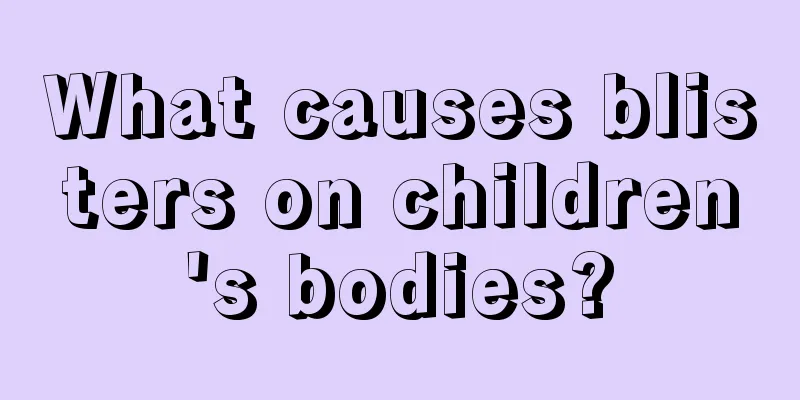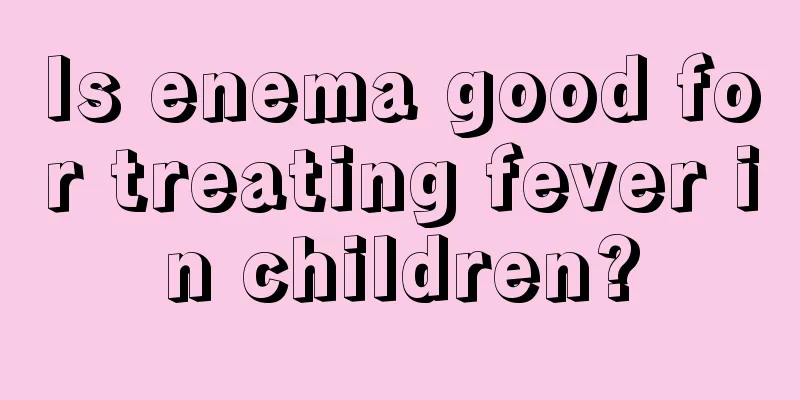Will general anesthesia have any impact on a two-year-old baby’s body?

|
Generally, four types of anesthesia methods are used when children undergo surgery, including basic anesthesia, regional anesthesia, general anesthesia and hypothermia anesthesia. Under general anesthesia, the baby will fall asleep after inhaling or intravenously injecting anesthetics. The body functions will be controlled by machines so all the baby's physical indicators are normal. After the anesthesia wears off, the baby will gradually wake up and it will not cause any harm to the child's body. (1) Basic anesthesia refers to the use of sedatives before surgery, followed by local anesthesia or plexus anesthesia. (2) Regional anesthesia, including local anesthesia, spinal anesthesia, and plexus anesthesia. These two types of anesthesia only block the conduction of nerve fibers or nerve trunks, and have a local anesthetic effect. The patient remains conscious during the anesthesia process. Therefore, intelligence is not affected. (3) General anesthesia. General anesthesia is the process of inhaling anesthetics or injecting anesthetics intravenously to suppress the cerebral cortex, causing the child to temporarily lose consciousness, thus ensuring the completion of various surgeries while the child sleeps peacefully without feeling pain. During general anesthesia, the child's breathing is controlled by a machine, oxygen supply is guaranteed, and all vital indicators such as blood pressure and heart rate are within the normal range. It does not affect respiratory and circulatory functions and will not cause cerebral hypoxia. During general anesthesia, although the child loses consciousness, after the anesthesia, the child gradually wakes up and everything returns to normal, just like waking up from a sleep, and the child's intelligence is not affected. (4) Hypothermia anesthesia, generally used in pediatric cardiovascular surgery. This anesthesia requires blocking the circulation and lowering the body temperature. The child's breathing and circulation are replaced by an artificial heart-lung machine to keep metabolism at the lowest level. Intelligence tests were conducted on these children before and after surgery, and it was found that there was no obvious difference in IQ before and after the surgery. Children who undergo surgery after anesthesia have normal memory and their academic performance does not decline. However, from a biological point of view, general surgery is performed under local anesthesia, unless it is a special surgery or a special disease, in which case the patient must be put to sleep. |
<<: How to train children's patience
>>: What should I do if my two-year-old child likes to hit others?
Recommend
Three month old baby diarrhea with blood
The gastrointestinal system of a baby is in a sta...
What is a good way to give medicine to children?
Many children in their early childhood will devel...
What should I do if my 2-year-old baby has a cough and a runny nose? Parenting experts introduce
For adults, the symptoms of coughing and runny no...
What is the best thing to eat when a child vomits?
Vomiting is the most common phenomenon when child...
Why are babies more likely to catch colds after nebulization?
Ms. Yuan’s baby Jia Jia is over 4 years old this ...
What to do if your child's vision is declining rapidly
The eyes are the windows to the soul. You can oft...
What to do if your child grinds his teeth while sleeping?
If a child grinds his teeth while sleeping, paren...
What is the best way to reduce fever in children?
Children will always encounter some health proble...
Black stool in children
Raising a child is not an easy process, because p...
When do the baby teeth grow?
We have two sets of teeth throughout our lifetime...
What are the symptoms of a baby with high fever and convulsions?
It is inevitable for babies to develop diseases d...
Key points for the care of premature babies: these points must be paid attention to
Compared with full-term babies, the care of prema...
Good habits that your baby should develop before going to school
1. Be proficient in personal information For babi...
What should I do if my eight-year-old child has a fever?
Most children's fevers are caused by colds, t...
What causes seizures in children?
Children's body functions are relatively frag...









